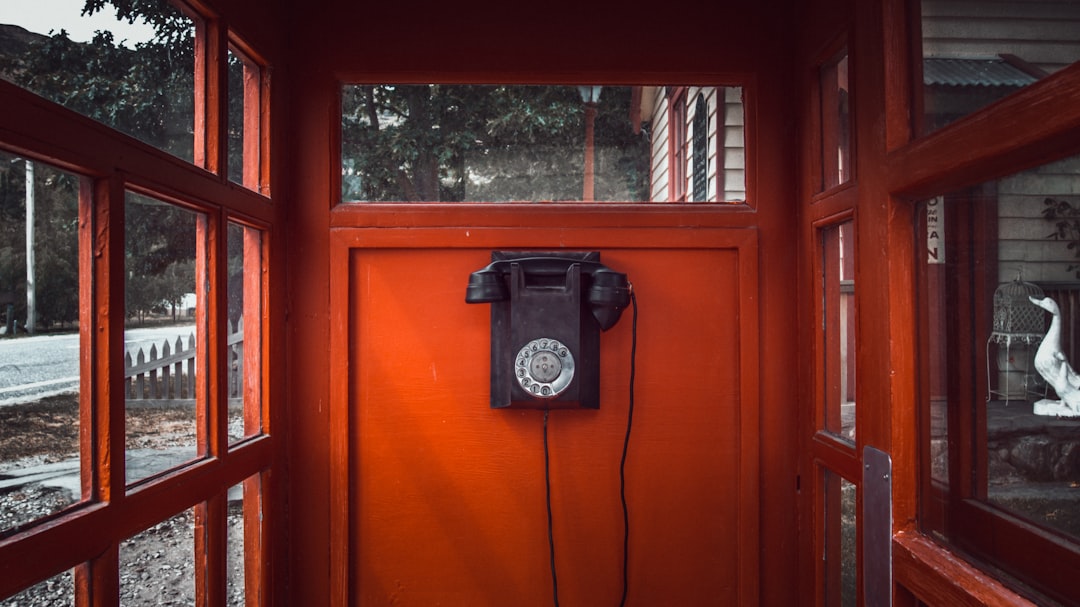In South Dakota, the Telephone Consumer Protection Act (TCPA) offers robust privacy protections for residents from intrusive marketing calls, with exceptions only for public safety. Schindler residents can control communication preferences, including opting out of automated utility calls and texts, by registering on the National Do Not Call Registry. Adhering to TCPA guidelines fosters fair interactions, ensuring businesses respect consumer choices. Violations face severe consequences, with fines up to $1,500 per violation enforced by the FCC or state attorneys general, protecting residents' rights under TCPA South Dakota regulations.
In South Dakota, like across the nation, residents have rights under the Telephone Consumer Protection Act (TCPA) regarding utility communications. For Schindler residents, understanding these rights is crucial to navigating intrusive or unwanted calls and texts related to energy services. This article guides you through the intricacies of TCPA regulations, your specific rights as a Schindler resident, and what actions can be taken when those rights are violated.
Understanding TCPA and Its Relevance to Schindler Residents

In the state of South Dakota, the Telephone Consumer Protection Act (TCPA) plays a pivotal role in safeguarding residents from unwanted communication practices. This federal legislation was established to prevent businesses from engaging in abusive phone marketing tactics, ensuring consumers’ peace of mind and privacy. For Schindler residents, understanding TCPA regulations is essential as it dictates how they can communicate with potential customers and what constitutes permissible contact.
The TCPA restricts companies from making automated or prerecorded calls to telephone numbers without prior explicit consent, except for specific exceptions related to public safety or certain types of business-to-business communications. Schindler residents have the right to control their communication preferences, including opting out of marketing calls, and businesses must respect these choices. By adhering to TCPA guidelines, Schindler communities can ensure fair and transparent interactions with service providers and maintain a harmonious relationship between residents and utilities companies.
Your Rights as a Schindler Resident in Utility Communications

As a Schindler resident, you have specific rights when it comes to utility communications under the Telephone Consumer Protection Act (TCPA) in South Dakota. The TCPA is a federal law designed to protect consumers from certain types of telemarketing practices and unwanted phone calls or messages. It gives residents the power to control how they receive communication from businesses, especially regarding their utilities.
In the context of utility communications, this means you have the right to opt-out of receiving automated telephonically delivered messages or prerecorded calls about your energy usage, payment due dates, and other related information. You can also restrict marketing calls and texts from utility companies by registering your number with the National Do Not Call Registry. By exercising these rights, Schindler residents can ensure they receive communication that is relevant, timely, and respects their privacy.
Navigating Communication Preferences and Do-Not-Call Lists

In South Dakota, the Telephone Consumer Protection Act (TCPA) provides significant protections for residents regarding their communication preferences. This federal legislation ensures that consumers have control over how they receive marketing and promotional calls, including those from utility service providers. One crucial aspect is the ability to register on a Do-Not-Call list, which effectively blocks unwanted calls from various sources, including telecom companies and utility communications.
Navigating these preferences and lists is essential for both residents and businesses operating within South Dakota’s legal framework. By honoring consumer choices and adhering to TCPA guidelines, companies can foster trust and respect, ensuring a positive relationship with their customer base. This simple step goes a long way in maintaining a peaceful and responsive communication environment.
Enforcement and Penalties: What Happens If Your Rights Are Violated?

If your rights under the Telephone Consumer Protection Act (TCPA) in South Dakota are violated, it can have significant consequences for the offending party. The TCPA is a federal law designed to protect consumers from certain types of telemarketing practices and unwanted phone calls. When residents of Schindler experience unauthorized or harassing communications, they have legal recourse.
Enforcement actions can be taken by both state and federal agencies. The Federal Communications Commission (FCC) plays a pivotal role in enforcing the TCPA, imposing fines and penalties on companies that violate the law. In South Dakota, state attorneys general also actively investigate and prosecute TCPA violations, ensuring residents’ rights are upheld. Violators may face substantial monetary penalties, with damages ranging from $500 to $1,500 per violation, depending on the circumstances.






